These 10 basic survival skills that you ought to know will give you the leverage in times of disasters and emergencies.
Learning all these things will allow you to preserve your life even if the situation gets too deleterious.
You are not a prepper just because you have the gears and gadgets for survival. Even buying that E-book for off-grid living and subscribing to a variety of prepper magazine do not automatically make you a prepper. Instead, the only real identification that a prepper can show is survival skills. You can’t profess that you are part of the elite 1% if you tend to panic in dire situations.
There are a lot of aspects to learn for you to survive in any emergency scenarios. Building temporary shelters, getting SOS calls, and enacting self-defense are some of the things that you should equip yourself right now when things are still calm. But if we are going to back to the basics, these following skill sets should be able to draw the thin line between life and death.
1. Building Fire
Among the survival skills that you should learn, making fire should come first in your priority. Although it might not be the first thing that you will ever do once disaster strikes, you will still eventually do it. And when you need warmth, food, and clean water, fire is an essential component. You can also utilize fire in sterilizing medical tools, kitchen utensils, and other sensitive materials.
©shutterstock.com
Different situations require a specific technique in building a fire. One good scenario that you should practice is making fire on wet wood. This would save you from scenarios in which your surroundings are watery and moist.
2. Sending Signal
There are instances in where the injury that you can sustain from an outdoor accident is severe. If you are stuck in this predicament, you are good as helpless. The only thing that you can hope is for rescue to arrive. But how can the rescuers find you in the middle of nowhere?
If your body is rendered paralyzed or useless, the best course of action is to send survival signals. The first method that you can do is making a signal fire. Make sure that the fire will be built in an open area for maximum visibility. If you make the fire on trees or cliffs, the smoke will be dispersed. Heighten the base of the fire so that the ground moisture won’t catch it.
The second approach is using a mirror. The flash that a mirror can create can be seen from great distances. If you have a good light source to reflect on (such as the moonlight or the sun), you can generate striking and noticeable flashlights. Fortunately, you can always improvise a mirror. Car mirrors and cell phone screens can work here!
3. Learning How to Tie a Bowline
It is necessary that you know a plethora of knots if you want to survive the outdoors. Although they appear to be simple, knots can actually be used in different applications. You can apply it in making shelters, setting up bandages, and tying bandages to your wounds or injuries. You should learn a multiple of knotting technique. But among them, you should prioritize the bowline.
©shutterstock.com
The bowline is always considered as a type of rescue knot. This knot has a foolproof security. It can support loaded weight without unfurling. Furthermore, slipping the knot out is pretty simple, too. You can use it in different applications, from backpacking down to survival scenarios.
4. Navigation (By Day)
Even if you don’t have your GPS tool, you can still find your way in the wild. Just look up to the sky and see where it leads you. Obviously, looking at the direction of the sky can help you out. Typically, the sun rises in the east and sets down in the west.
You can use this general fact to draw your north-south line. If you have an analog clock, place it horizontally and have the hour hand be pointed to the sun. Create an imaginary line between the 12 o’clock and hour hand. That would serve your north-south line. For daylight saving, the line should be drawn between the hour hand and 1 o’clock.
5. Navigation (By Night)
But what if you are trying to navigate your way in the middle of the darkness? Well, you still just have to look up in the sky. Seek for North Star, which is located at the end portion of the handle of the Little Dipper.
If you can spot the Big dipper, create an imaginary line between the stars. Specifically, the line should be drawn from the end of the dipper. Next, extend the line you created from the Big Dipper toward the Little Dipper. The star that you can find here is the Polaris or the North Star. The direction you are facing the Polaris is the true north.
6. Gigging
Food is one of the biggest problems when you are stuck in a survival situation. That’s why it is important that you learn the art of gigging. Gigging is the process of making a spear to catch any edible critters you see. You can hunt fish, rabbits, and snakes with the use of this tool.
©shutterstock.com
To make the spear, look for a sapling and cut it off (the diameter should be approximately one inch). Next, use the knife to split the bigger end of the sapling into four portions. Ideally, the length of the split should be around ten inches. Once done, shove a stick between the crevice so that the split can be spread even further. The points should be sharpened as well. The final product would be a four-pronged utility spear.
7. Driving a Variety of Vehicles
Many preppers and survivalists have their bug out vehicle when things go bad and awful. But during worst-case scenarios, you have to remember that even your trusted vehicle can break. That’s the reason why depending on a sole vehicle will cause you big time troubles.
The best thing that you can do here is to be familiar with different vehicles. Only a few people know how to drive all-terrain vehicles, semi-trucks, and bulldozers. Make sure that you can learn how to operate them. Of course, it is also essential to learn how to drive a manual vehicle. It is a life skill that you can save your life from danger.
If possible, learn to drive water and air-based vehicles, too.
8. Bartering
There will come a point in where survival can turn into a competition. After all, severe cases of disasters will have preppers compete for the remaining resources out there. It is a tense situation, as it can endanger your properties and life, as well.
Bartering or haggling is one of the unwritten conducts in the survival community. To prevent anyone from taking advantage of the situation, preppers are taught to barter their existing goods with other items that they need. Anyone can do this. However, this is not the catch that you should be aware of.
When bartering, make sure that you will never show or lay down your essentials. If you find these items necessary, they will, too. Always have a bug out bag that will separate your survival amenities from the items that you are willing to trade.
9. Psychological Preparation
Survival is not just about doing the dirty work. It is also about preserving the sanity of your mind. It is given that a lot will panic if they are suddenly rendered in a predicament that they are not prepared. Tragedies and disasters can leave most of us broken and divested, but not me. Not you! There are a lot of psychological trainings that you can take to increase your mental fortitude. Furthermore, your attitude also plays a big part in making wise decisions and coming up with reasonable action plans. Remember: it is all on the head.
10. Informing Others
This is a hack that every prepper should know. If you are going somewhere far or dangerous, it is better not to keep it to yourself. Instead, you should tell it to someone you trust. Tell them your itinerary or schedule. If you can, divulge to them the expected date of your return. In this way, they can be quickly notified once you are not able to follow your regimen. They can call the police or other proper agencies to conduct a search and rescue mission. Prevention is still better than cure.
Final Thoughts
Surviving on dire scenarios is quite an ordeal. It would not be something that you anyone can do, especially if they didn’t equip themselves with the right skills and mindset. But for us who are gearing to be ready at all times, learning how to survive is a priority. And by getting these guidelines checked and accounted, you can be sure that you will be getting out of any situations alive and safe!
What are your thoughts about this? Share it with us in the comment section below. Take care! Be safe and be ready!


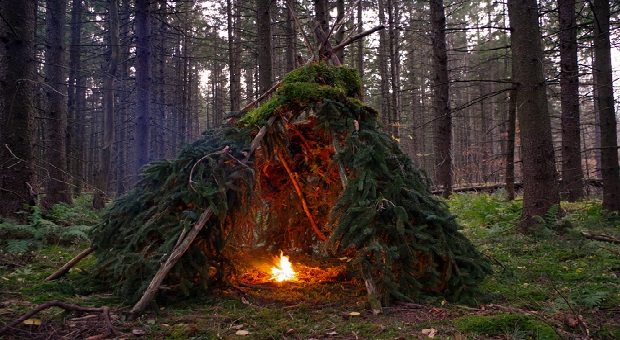
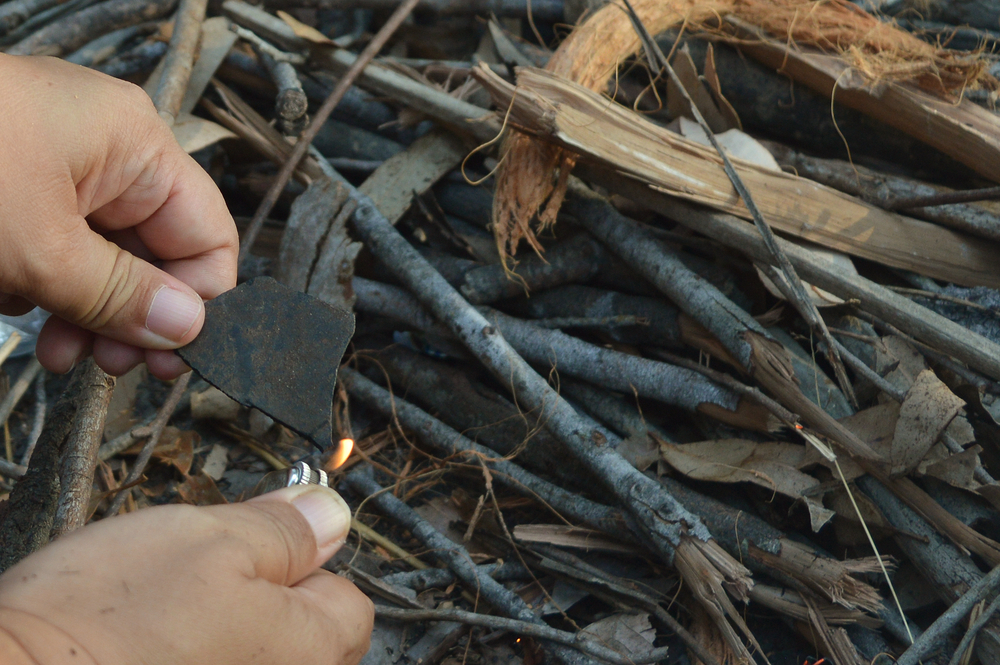
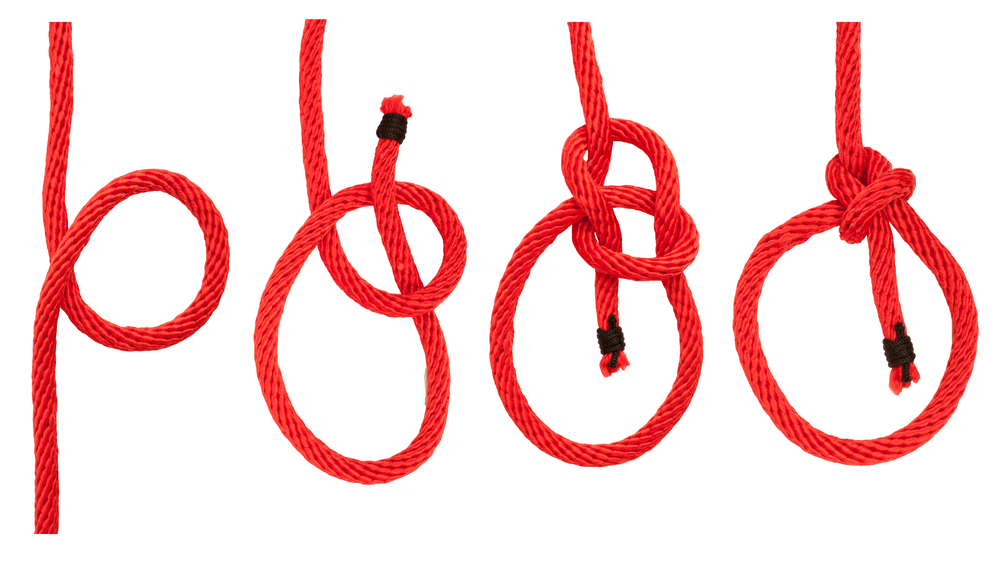
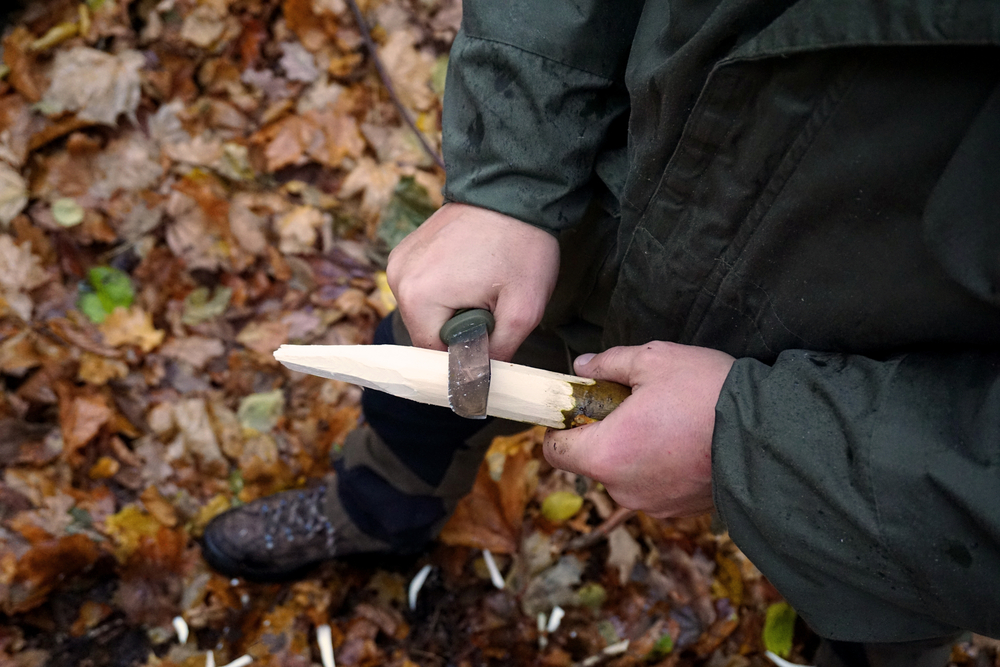

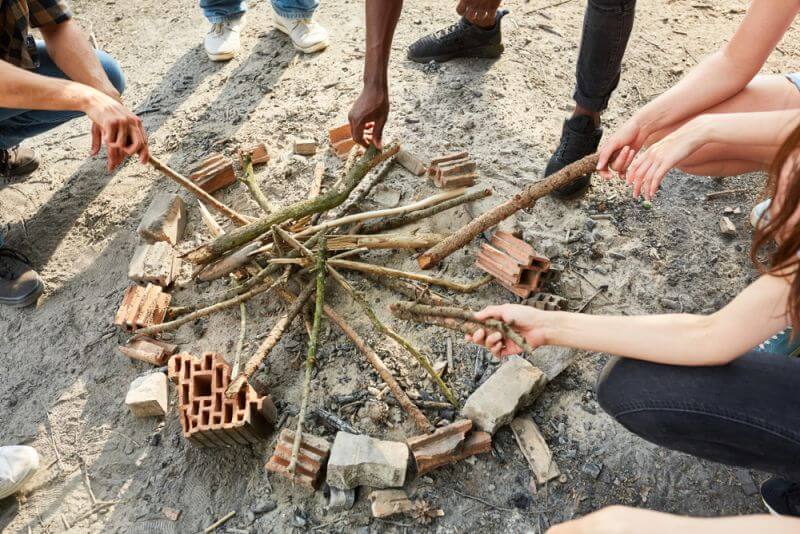
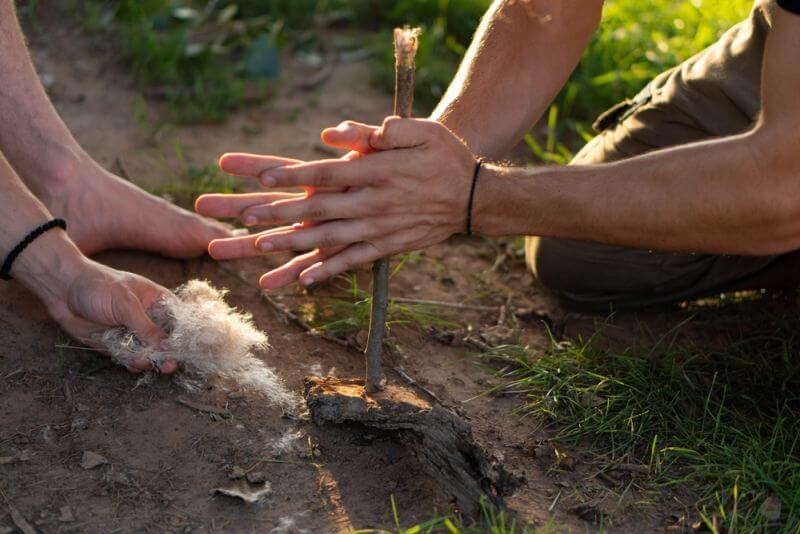

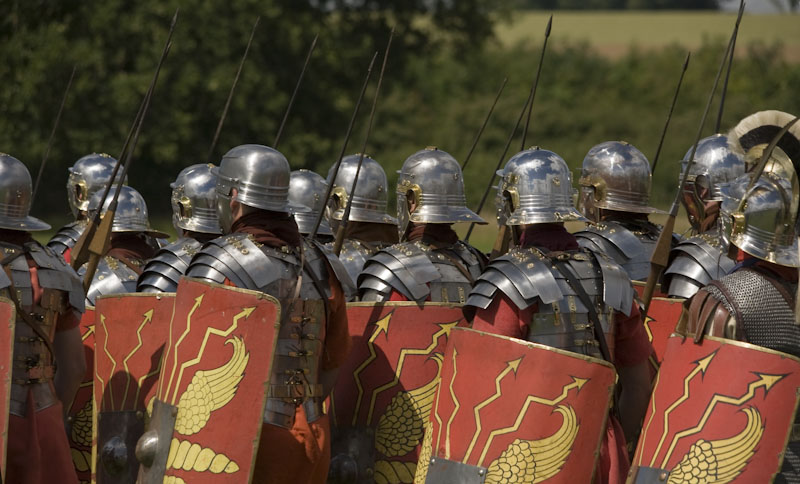

Bill in Idaho | March 19, 2018
|
A Very Interesting Article – I am studying it more in depth now. I Will Be Back to You.
Ben Leucking | March 19, 2018
|
Out of curiosity, how is a person who’s “body is rendered paralyzed or useless” going to make a signal fire in an open area, much less collect wood for the fire? The grammatical construction of this article is extremely poor. Please take a course in English.
A note to the editor or web master of survivopedia (if any exist): Please read and edit article submissions before allowing junk material like this to be posted on your site.
Raymond Finney | March 19, 2018
|
Edit your own grammar– whose body, not who’s body.
Don Kapp | March 19, 2018
|
Ben,
Out of curiosity, did you ever think of the possibility that, as you smugly attacked the grammar of this writer, you would exhibit flawed spelling or word choice? FYI, “who’s (body)…” means “who is” or who has.” The correct word to use is “whose.” That is the possessive form of “who.” As in “the person whose body is rendered useless”….. Before you criticize, think twice. Then three times…
Don
Brett Klaft | March 23, 2018
|
At the very least, you may be able to instruct a partner how to make a fire. Or is your first impulse to give up and die?
Marilee Lonsberg | March 19, 2018
|
CD’S & DVD’S make great signal mirrors too.
Jewels Harris | March 19, 2018
|
I love the article. Thank you. The grammatical construction was just fine, maybe one typo. If you can’t say something nice, don’t bother leaving a comment.
SGT. Preston | January 13, 2019
|
AMEN to your statement, Jewels. The point is, the writer got his thoughts across to the reader. Mighty Mouth, the critic, should consider that others may not have had the benefit of the same education he has, for instance.
Dwayne Freebairn | March 19, 2018
|
The article was interesting and gave me a lot to think about. So did the reply from Ben Leucking. Why is it that people have to resort to belittling comments and cyber bullying? The points in the article were appropriate, even the least educated amongst us should realize that life happens, and your present situation should govern your actions. That said, it is good to know what will work and thus you are able to come up with a “work around” in a less than ideal situation. Thanks for a good article.
Farmer | March 19, 2018
|
“….Typically, the sun rises in the east and sets down in the west.”j Really? I thought I was the only one who saw that phenomenon.
bob | January 7, 2019
|
Here in Indiana we may not see the sun for days, even weeks at a time during the winter, so it seems to be a good description of reality for those who are not so informed. Maybe where you live the sun shines every day. Some of us are not so lucky.
Brett Klaft | March 23, 2018
|
When you’re safely able to do so, calm yourself. Assess your situation. Take stock of resources on your person and around you. If lost, stop and listen. Many people have died of exposure within earshot of a road with traffic that was easily heard! In other words, use your most valuable resource, your brain.
D.Pecci | April 2, 2018
|
Very good article and very informational. I`m also starting a blog about surviving skills and what gear you need when you find yourself in the situation when your only thought crossing through your head is how to survive… I will check this site more regularly to find key tips and ideas when it comes to survival strategies…
Sabina | April 3, 2018
|
Hello, D Pecci 🙂 We are very happy to hear that. Good luck and don’t hesitate to come back with the link when it’s ready.
Romel Z. | January 7, 2019
|
I agree with Jewels Harris. Grammar in times of an emergency is the least of our worries. When this lady was nice enough to share important information, why should anyone want to try to derail her intentions by something so trite. People, let’s be mature and try to be kind hearted. I love the article and think it was excellently written. Accolades go to the writer, Ms. Nora Kind. Please send more suggestions. Thank you!!
Bev | January 7, 2019
|
I was always told that it was the 2 stars at the front end of the Big Dipper that point to the north star…have I been looking at the wrong star all these years?
Steven Niccoli | January 7, 2019
|
To Bev: you are correct! I’m looking at a license plate from Alaska, and it’s right on it!!( 50th anniversary plate)
Pat M. | January 7, 2019
|
Some tips on what to do when the weather changes quickly and how to stay warm and dry would be helpful. When I lived in Colorado I always carried a coat, hat, boots and socks in my vehicle – even in the summer.
DAVID L LECLAIR | January 7, 2019
|
MAYBE YOU SHOULD ADD ANOTHER STEP.. BE PREPARED TO READ OTHER PEOPLES WRITTING IS MOST ESSENTIAL. IF THEY CAN’T AND IT’S A PROBLEM; THEY SHOULD PRACTICE! IT’S AN EXCELLENT SITE AND I WOULD LIKE A LIST OF ANY OTHERS YOU MIGHT HAVE. THANK YOU.
Winn Gillette | January 7, 2019
|
With regard to “Learning How to Tie a Bowline”, one of its great values as a survivor knot is that it can be tied by using just one hand, particularly if your other hand or arm is compromised. It takes a little practice, but it’s still very doable. When I was a Boy Scout (way back when), I became an expert at tying this knot by using just one hand. For example, say you’re hanging off of a ledge and someone throws you down a rope but you only have one hand to work with (the other hand is hanging on to dear life to a tree root or something). Sure would be nice if you knew how to tie this life saving knot with just one hand…
Sylvia | January 7, 2019
|
Good article, Nora Kind. Everybody’s a critic. You taught me something. I keep meaning to learn knots but haven’t. The picture showed how to tie a bowline so clearly I went straight for some cord and started tying! Thanks.
Scott Todd | January 7, 2019
|
The rabbit comes up the hole, around the tree and back down the hole. That’s how my dad taught it to me.
mike | January 7, 2019
|
Thankyou for sharing this vital information! I always learn something new when I read your pieces.
Karin Bruce | January 20, 2019
|
I have coined a phrase I think is appropriate. “Being prepared is as much about what you know as it is about what you have”
Ken | July 27, 2019
|
I am a DRAFTED 19 teen old in 69 I have had a lot of training and you want need to worry about how you say it on paper. You are the people that will kill your family and you.